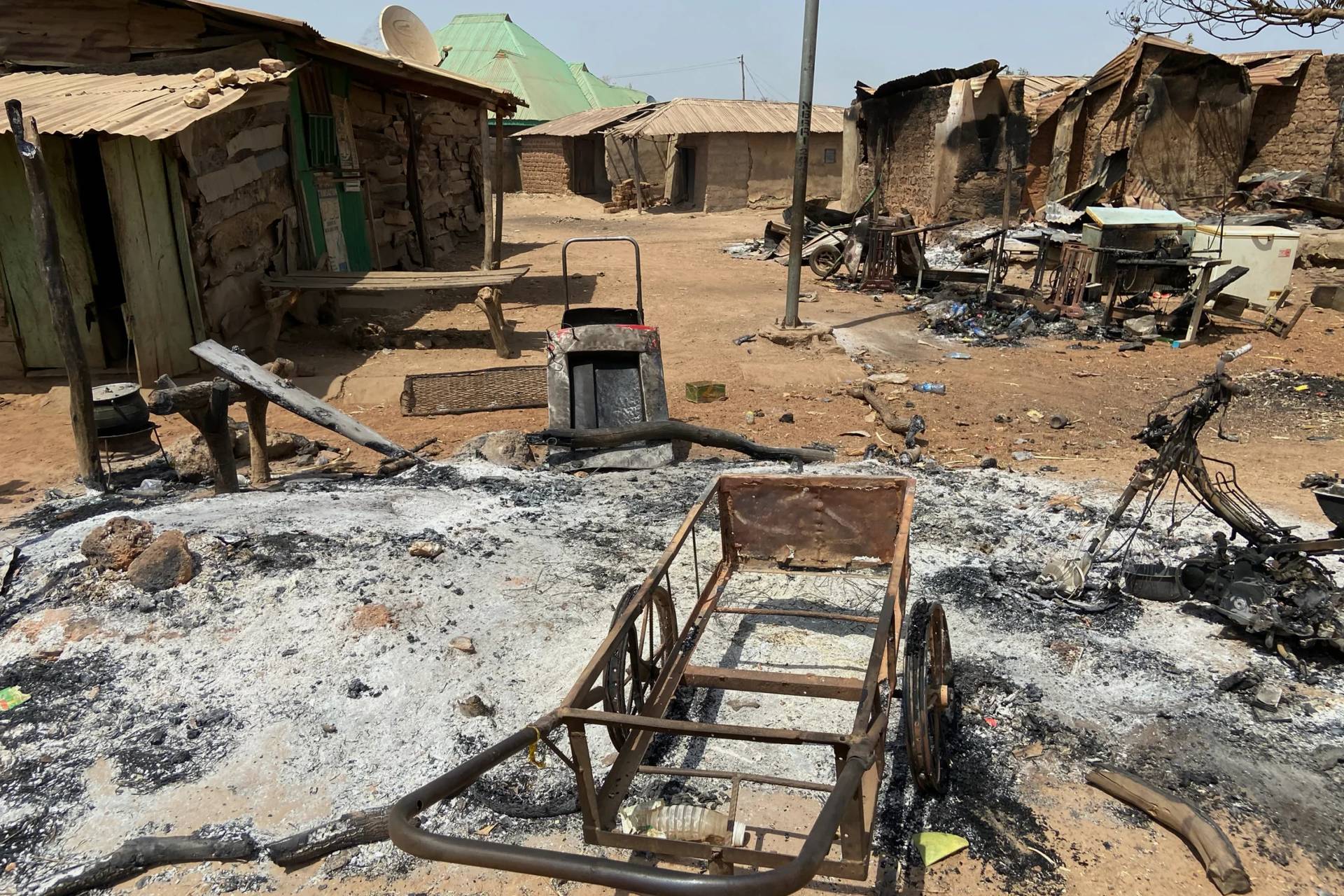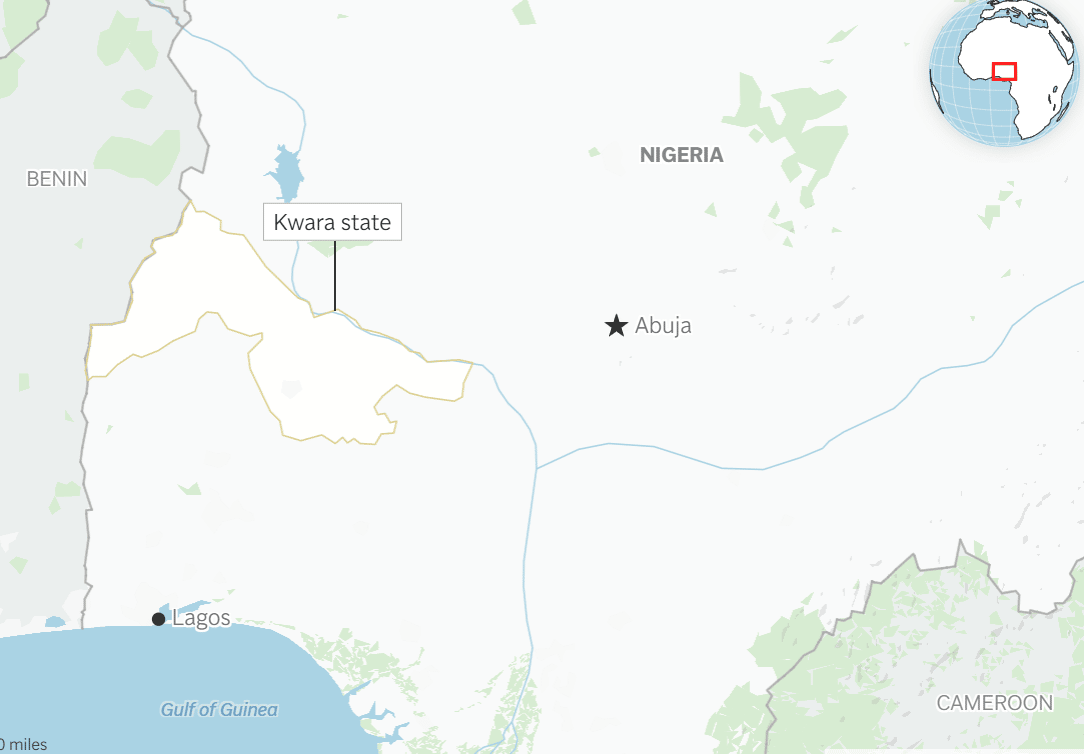ROME — Pope Francis on Wednesday called on the world’s religions to join forces in the fight against fundamentalism and extremism, arguing instead for a focus on “positive values” such as the promotion of peace, care for the poor, and environmental protection.
The pontiff was speaking to a delegation of Jews, Muslims, Hindus, and Buddhists on hand for an event marking the 50th anniversary of a landmark document from the Second Vatican Council on interfaith relations.
“An attitude of suspicion or condemnation of religion has spread due to violence and terrorism,” Pope Francis told the religious leaders.
Given that, he said, it’s necessary to focus on the positive values that religions espouse.
“The world looks at us believers, exhorting us to cooperate with each other and with men and women of good will who don’t profess any religion,” he said, “asking us to provide an answer on many issues.”
Francis’ appeal came during his weekly audience as he celebrated the anniversary of Nostra Aetate (“In Our Time”), a 1,600-word declaration from Vatican II that represented a turning point in relations between the Catholic Church and other religions, particularly Judaism.
“The real and proper transformation that took place in the last 50 years regarding the relations between Christians and Hebrews deserves a special thanks to God,” Francis said.
“Indifference and opposition have changed into collaboration and benevolence,” he said. “From enemies and strangers, we’ve become friends and brothers.”
According to the pontiff, whose two closest friends from Argentina are Jewish Rabbi Abraham Skorka and Islamic leader Omar Abboud, the declaration marked the path of rediscovering the Hebrew roots Christianity has, saying “no” to every form of anti-Semitism, and “condemning every insult, discrimination, and persecution.”
Francis also said the declaration was “an expression of the Church’s esteem for followers of other religious traditions, and [of] her openness to dialogue in the service of understanding and friendship.”
The pope concluded by saying that the future of interreligious dialogue rests in prayer.
“Without the Lord, nothing is possible,” he said. “With him, all becomes possible.”
“May our prayer adhere fully to the will of God,” Francis added, “who desired that all men and women recognize themselves as brothers and sisters, and live as such, forming a human family that lives in the harmony of diversity.”
After the audience, leaders from the main religions present held a press conference, hailing Nostra Aetate as a historic document.
Abdellah Redouane, director of the Islamic Cultural Center of Italy, said it had opened the doors of dialogue and cooperation.
Rabbi David Rosen, Director of the American Jewish Committee’s Department of Interreligious Affairs said Nostra Aetate brought an “amazing transformation” of Jewish/Catholic relations, which he argued was a success because it also addressed relations with other religions.
“A relation with Judaism is intrinsic to the very nature of the Church,” Rosen said. “In God’s mysterious wisdom, this revolution could only succeed with the Church addressing relations with all other religions.”
The message of Nostra Aetate, Rosen said, is that “there’s no relationship, no matter how bad and how poisonous, that cannot be transformed and made into a blessed one.”
The leaders also had words of praise for the Argentine pontiff.
“Pope Francis is a leader for all believers,” Muslim leader Rasoul Rasoulipour told journalists on Wednesday.
“His leadership is a revolution for all religious leaders,” Rasoulipour said. “How much is he a humble leader is a key point.”















